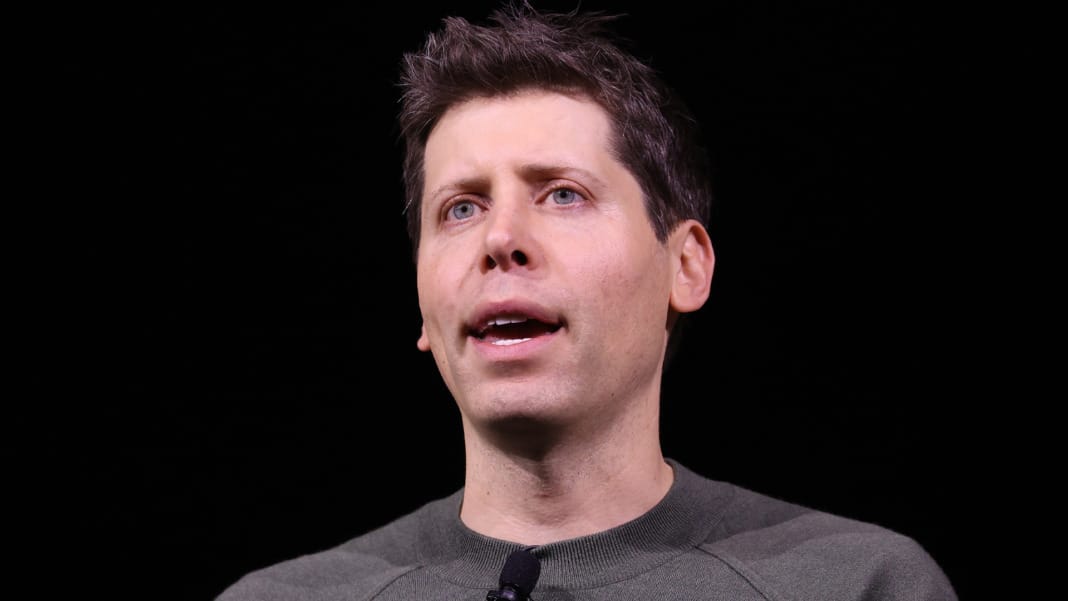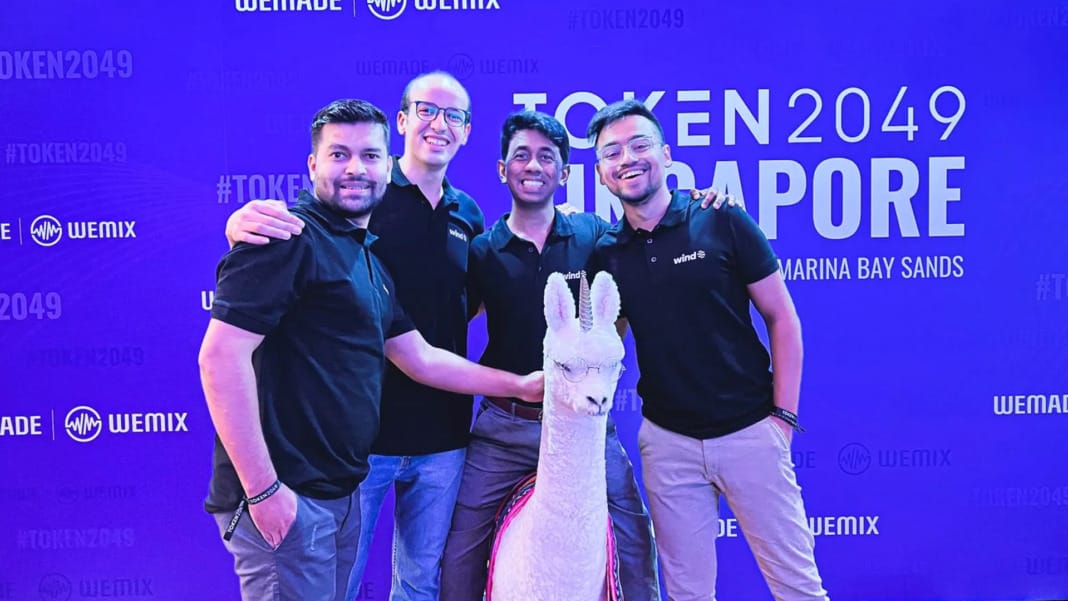Sam Altman has returned as CEO of OpenAI, following an agreement reached just before Thanksgiving. In a significant development, Microsoft has acquired a non-voting observer seat on OpenAI’s board. This change, announced last Wednesday, marks a new phase in the relationship between the two entities.
In a memo to employees, Altman expressed his excitement and gratitude. He praised the team’s resilience in challenging times and confidence in the company’s direction and its mission’s success.
Changes and new appointments on OpenAI’s board
The OpenAI board has undergone a notable reshuffling. Now led by Bret Taylor as chair, the board includes Larry Summers and Adam D’Angelo. This change follows the departure of three board members involved in Altman’s sudden dismissal.
Microsoft’s addition as a non-voting observer on the board is a strategic move. It highlights an increased transparency in OpenAI’s operations. Microsoft, which holds a significant stake in OpenAI’s for-profit entity, previously needed more insight into the board’s decisions. This change could strengthen one of the tech industry’s most crucial partnerships.
Altman’s perspective and company direction
Altman’s memo reflects a lack of animosity towards co-founder Ilya Sutskever, despite Sutskever’s initial role in Altman’s dismissal. Altman’s focus remains on maintaining a strong working relationship and uniting the team during challenging periods.
He acknowledged the vital roles of individuals like Mira, the CTO, and Greg, his partner in leading the company. Altman highlighted the leadership team’s ability to manage OpenAI, underscoring their competence and commitment independently.
Priorities and future plans for OpenAI
OpenAI’s immediate priorities are set on advancing its research agenda, improving safety protocols, enhancing product deployment, and ensuring customer satisfaction. Altman aims to leverage recent challenges as opportunities for growth and innovation. The company also plans to expand its board with diverse voices and enhance its governance structure, aiming for stability and long-term trust in OpenAI’s vision and capabilities.





